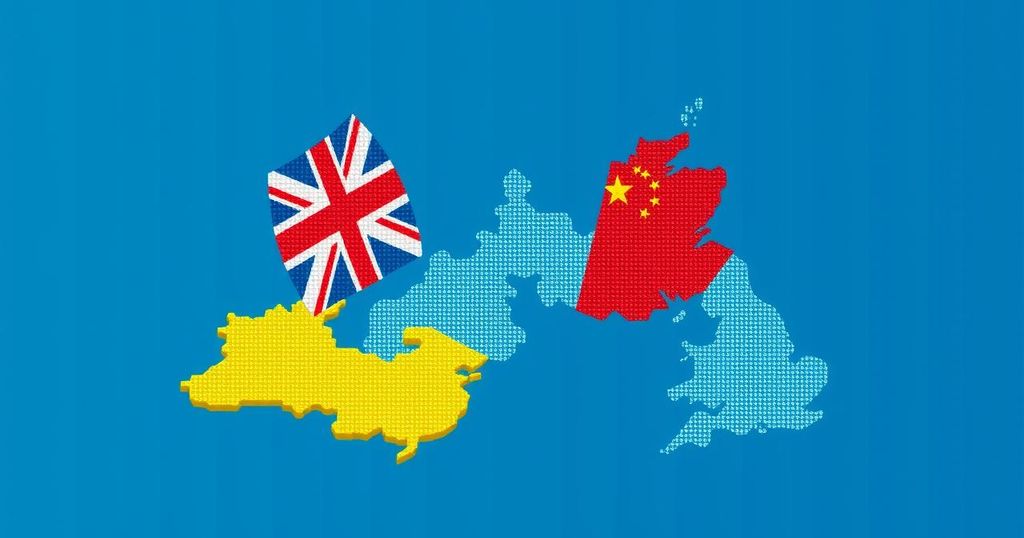UK and China: Pioneering Climate Cooperation at COP29

Global temps hit record highs in 2024. As COP29 progresses, the UK and China are poised to enhance bilateral cooperation in addressing climate challenges, focusing on joint initiatives in clean energy and decarbonization strategies as models for global climate action.
In the wake of record high global temperatures in 2024 and the pressing impacts of climate change, there is an urgent need for effective collaboration among nations. During the recent COP29 discussions in Azerbaijan, while progress has been noted in areas like carbon markets, there is an increasing shift toward bilateral partnerships and dialogue formats that can expedite climate action. Notably, the UK and China have the opportunity to lead by example through enhanced cooperation during this critical decade for climate progress.
At a concurrent G20 summit in Brazil, leaders from the UK and China committed to collaborate on clean energy and climate initiatives, addressing global challenges collectively. In light of this, it is proposed that their respective expert climate committees strengthen their interactions. This collaboration, despite differing mandates, can provide meaningful guidance to both countries on effective decarbonization strategies that simultaneously foster economic stability and job creation.
The UK Climate Change Committee has advised the government on its 2035 Nationally Determined Contribution (NDC), while China’s committee has been instrumental in supporting the nation’s dual carbon goals and participating in international negotiations. By leveraging the support of their committees, both nations can achieve a wider practical consensus, enhancing their contributions to global climate dialogues.
Since 2013, collaboration between climate science communities and policy experts from both countries has yielded valuable insights into climate risks and necessary resilience strategies. This partnership has grown more profound in recent years, with both committees exploring constructive advice tailored to their national contexts across various themes of mutual interest.
To ensure a sustainable, transparent, and climate-resilient society, the UK and China should capitalize on their decade-long cooperative experiences and established frameworks. A joint statement advocating for a multilateral climate agenda could enhance their collaboration. Suggested areas for cooperation include clean energy transitions, governance of climate risks, resilience planning, and equitable green finance initiatives that promote sustainable development.
As the UK and China prepare to submit robust and comprehensive NDCs for 2035, their commitment could serve as a model for global climate action.
The article addresses the pressing need for enhanced international collaboration in combating climate change, particularly emphasizing the pivotal roles of the UK and China. Both nations are experiencing significant climate impacts and have recognized their interdependence in addressing these challenges. The ongoing COP29 meetings highlight the innovative shift towards bilateral cooperation and country-specific dialogues to achieve faster climate action. The focus on shared objectives has been underscored by recent commitments made during global summits, enhancing the potential for joint climate initiatives.
In conclusion, the UK and China are presented with a unique opportunity to lead global climate cooperation through strengthened bilateral initiatives and the strategic guidance of their expert climate committees. By building on past cooperative frameworks and working towards robust NDCs for 2035, both nations can not only enhance their own climate resilience but also set a crucial example for the international community in the fight against climate change.
Original Source: www.chinadaily.com.cn







